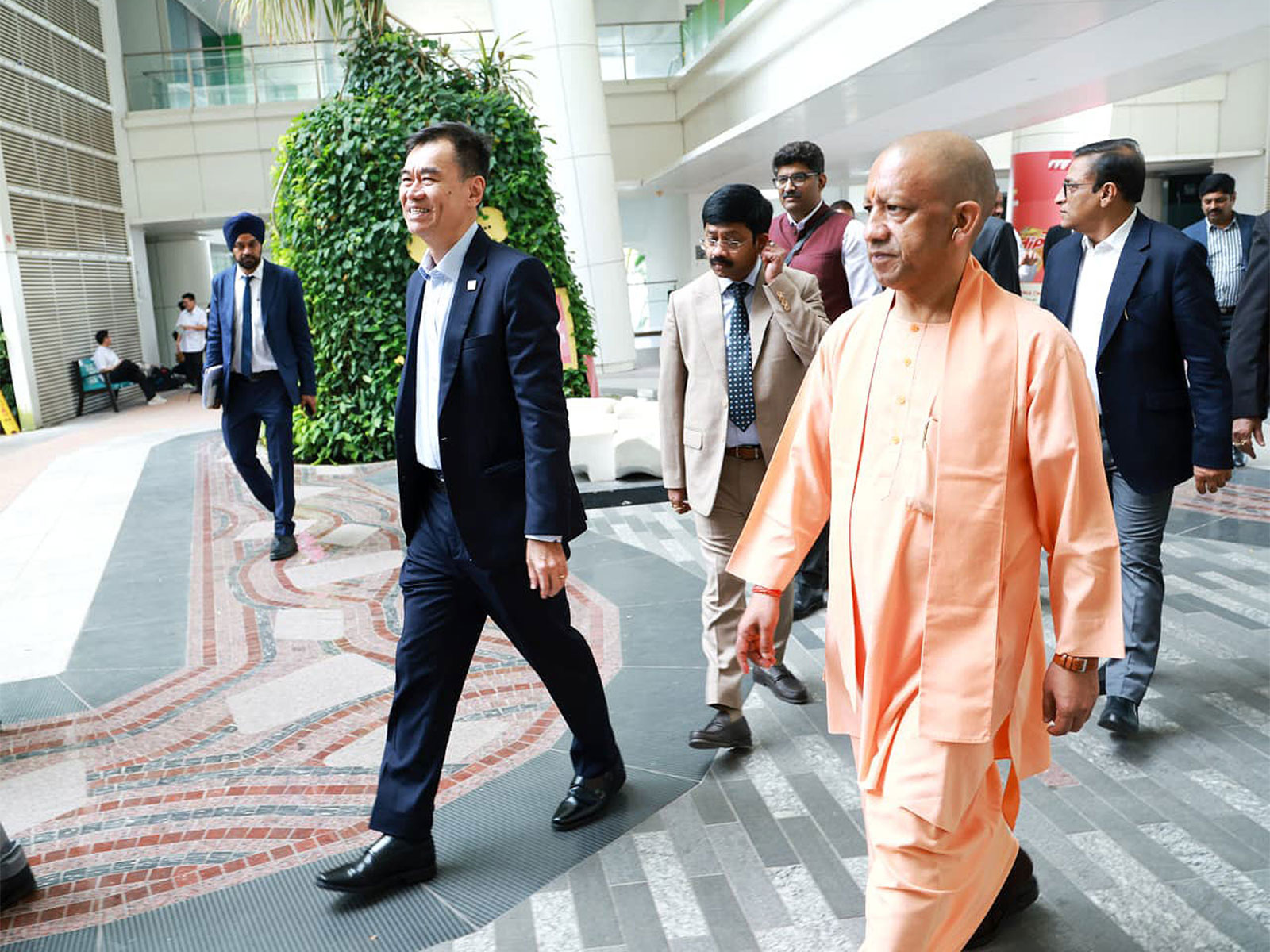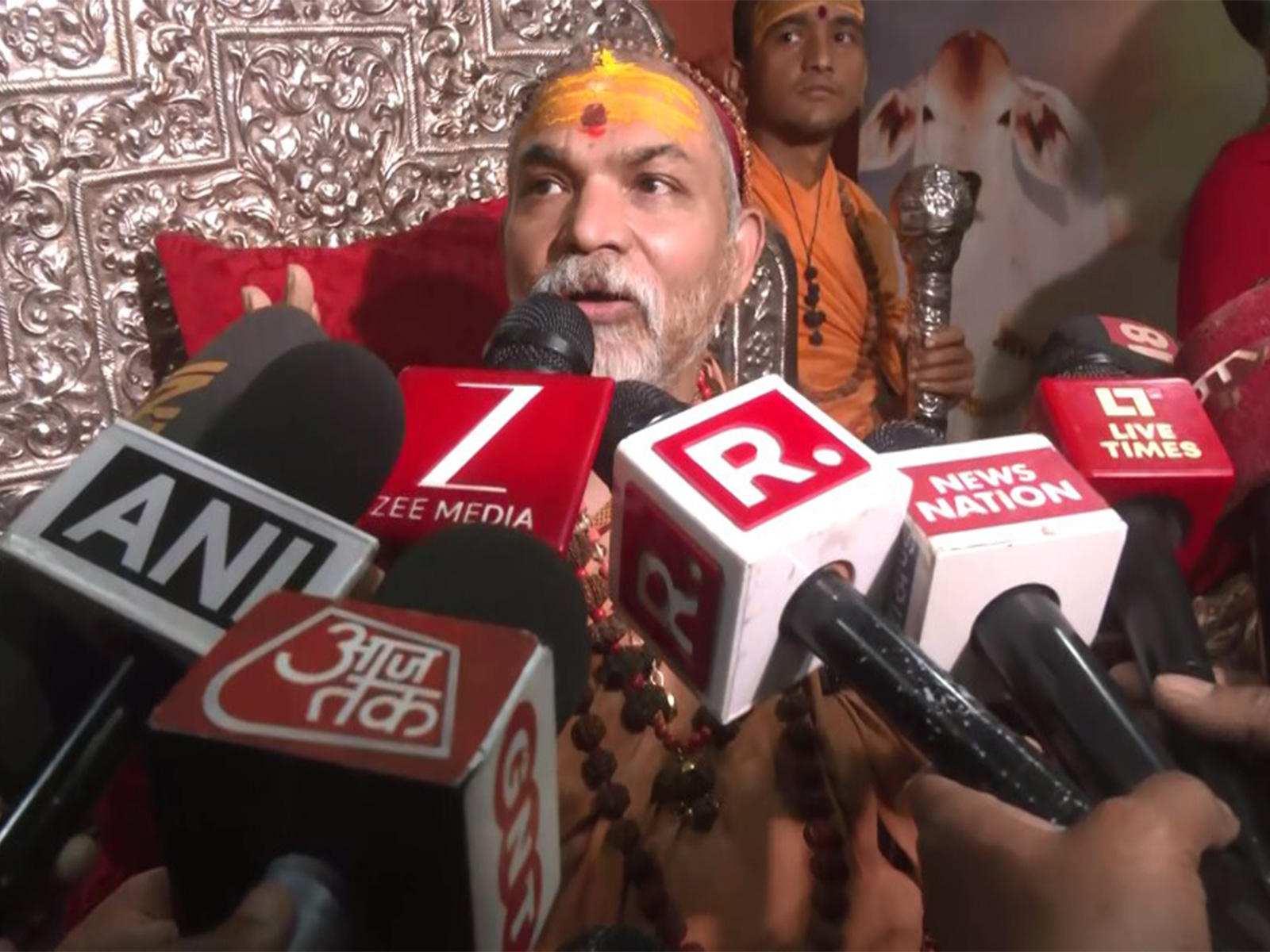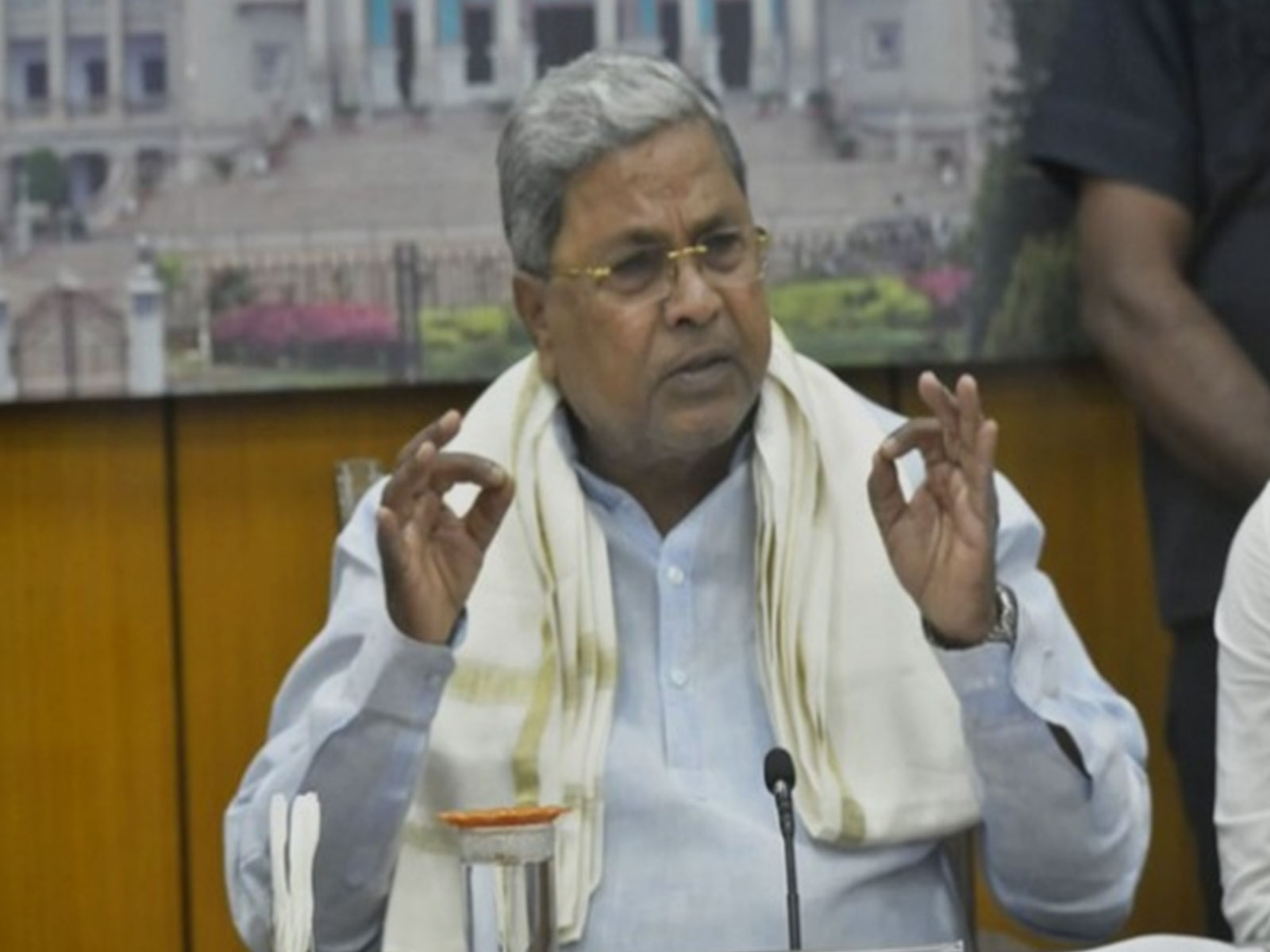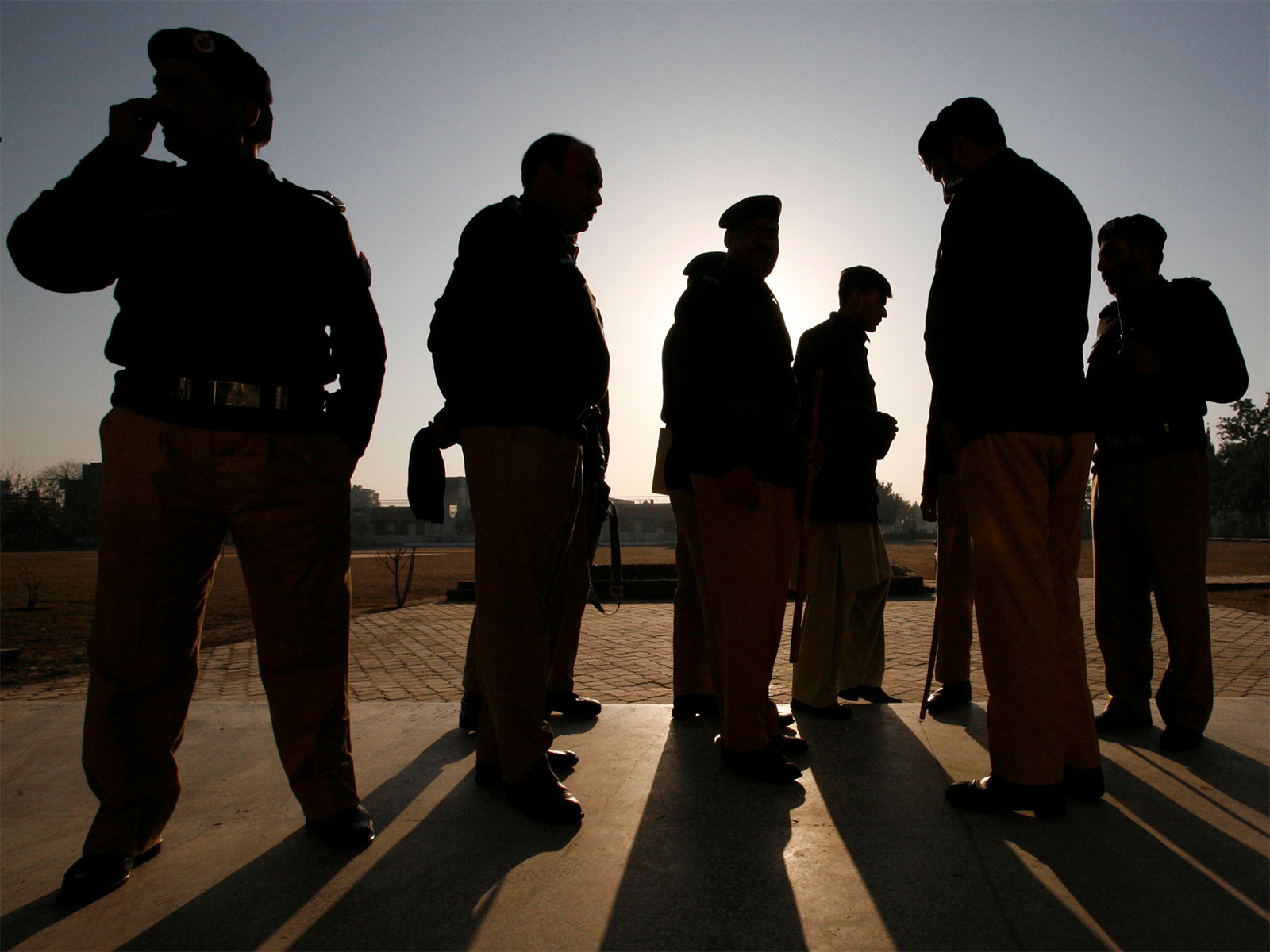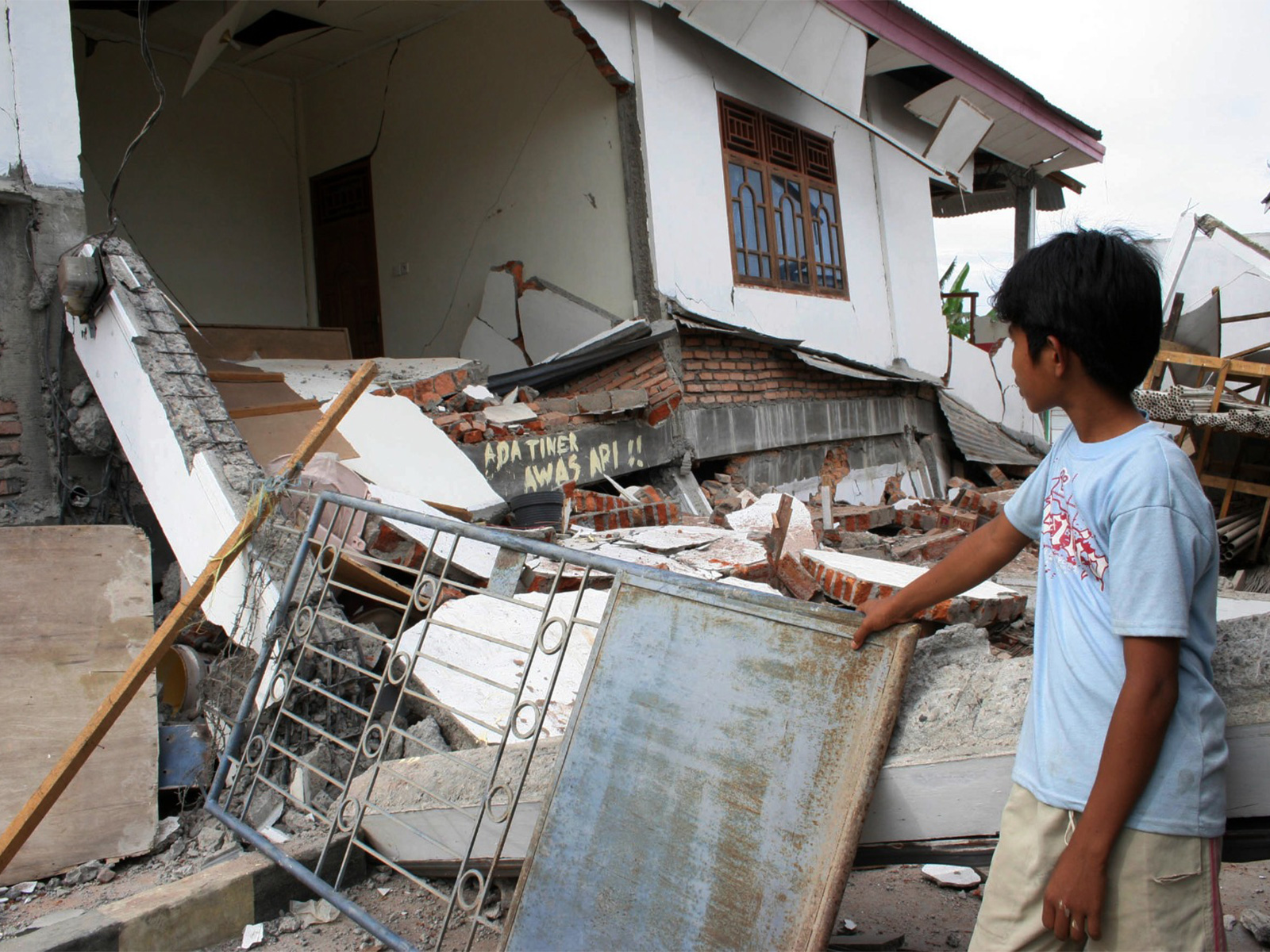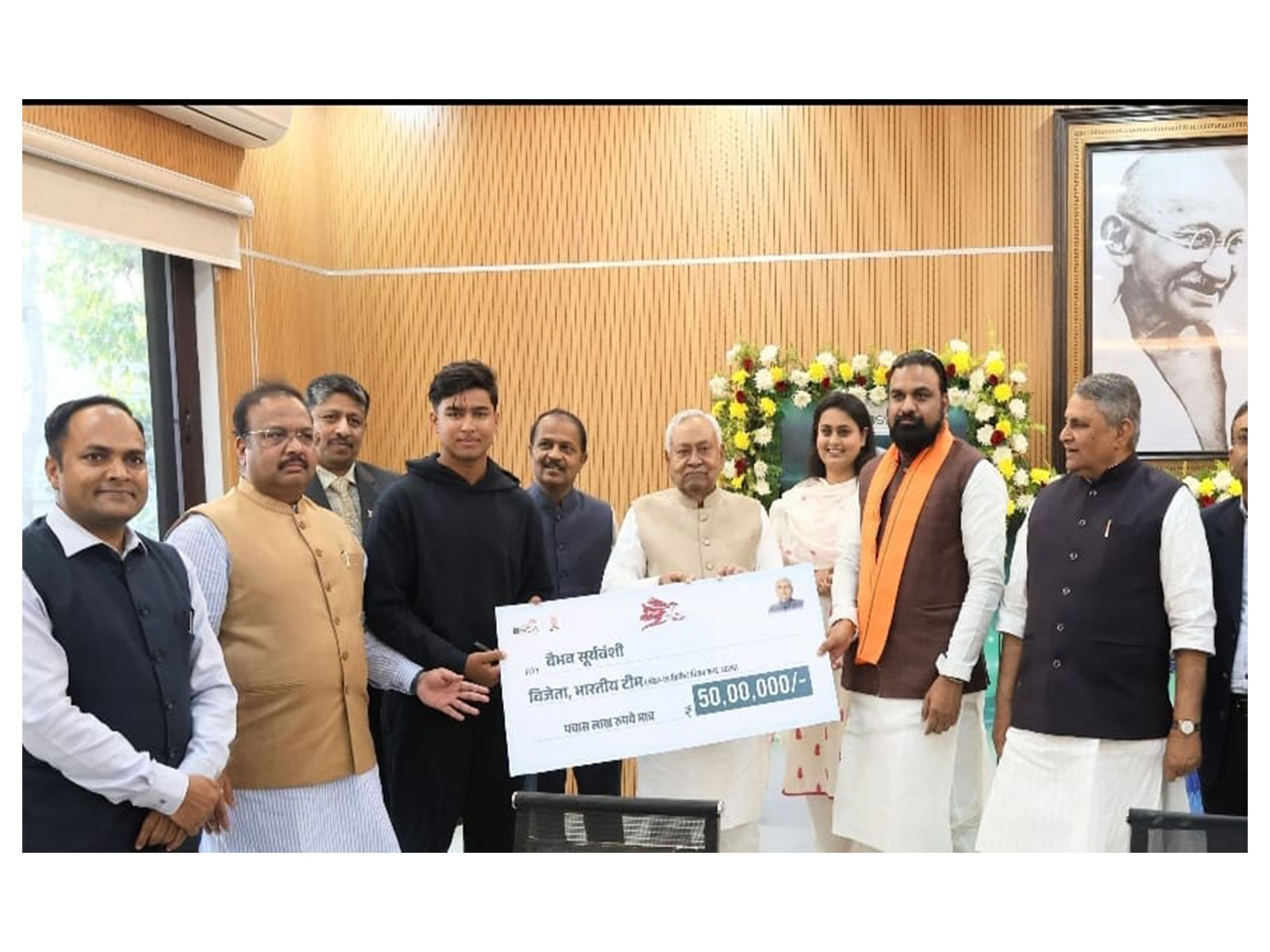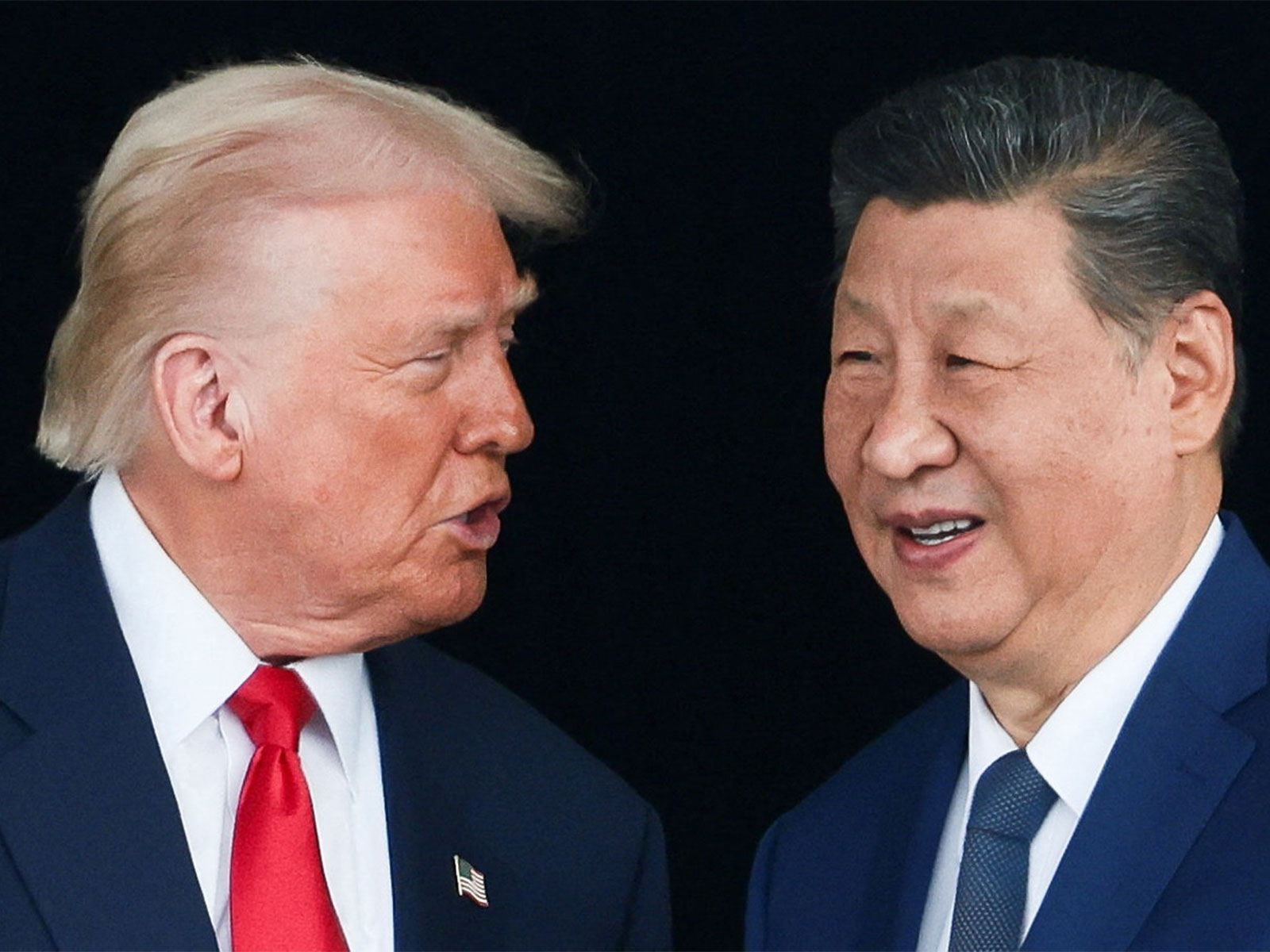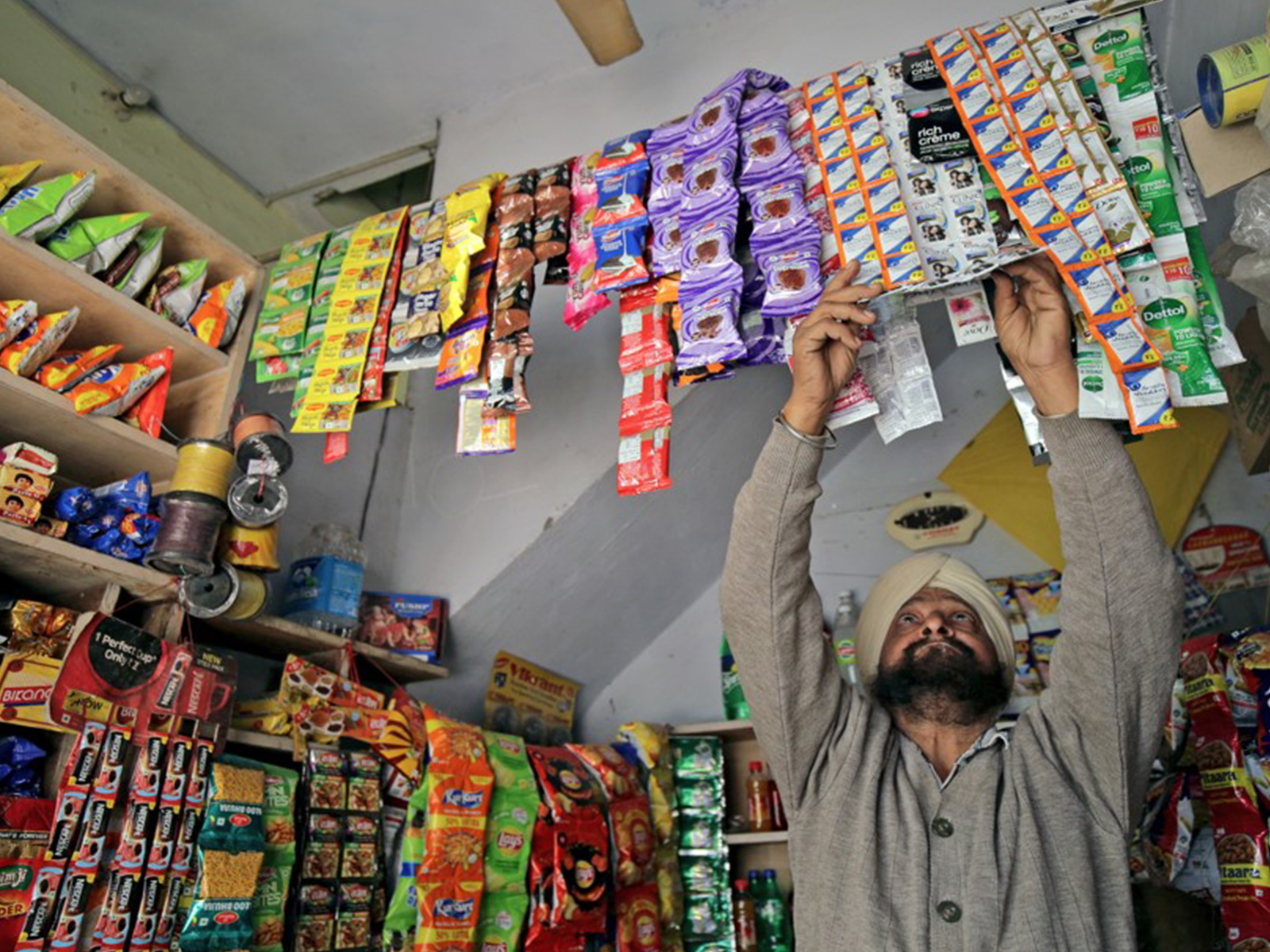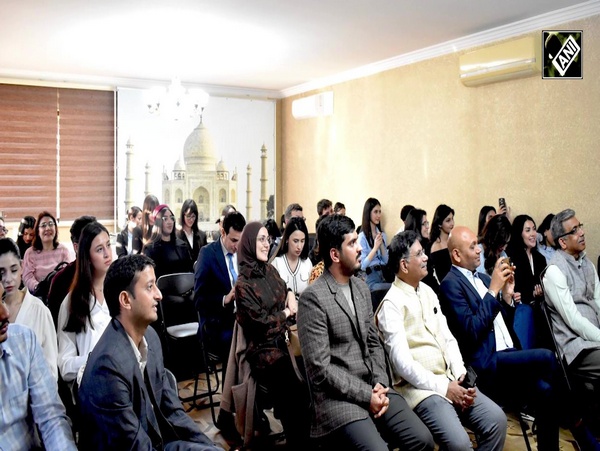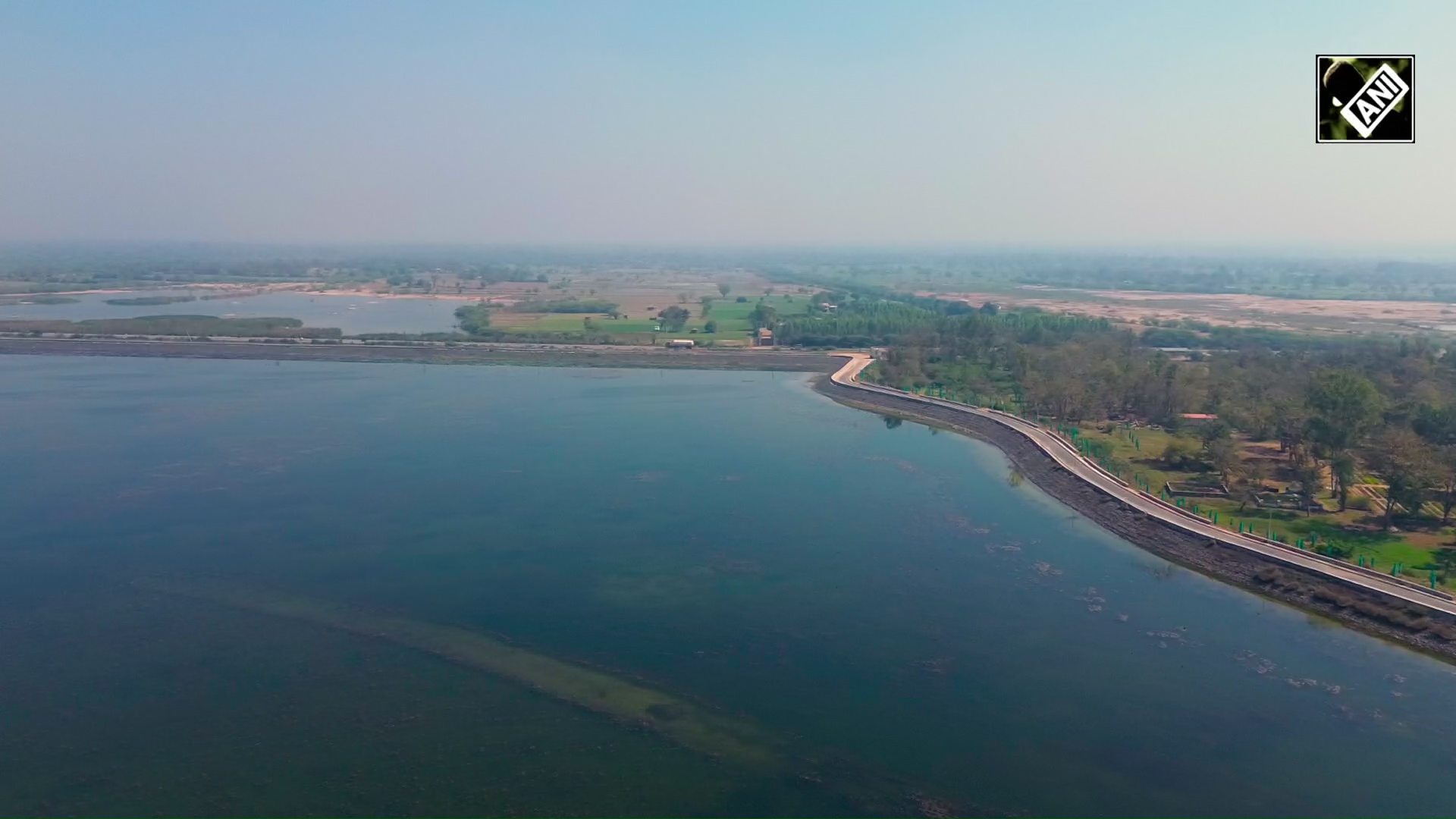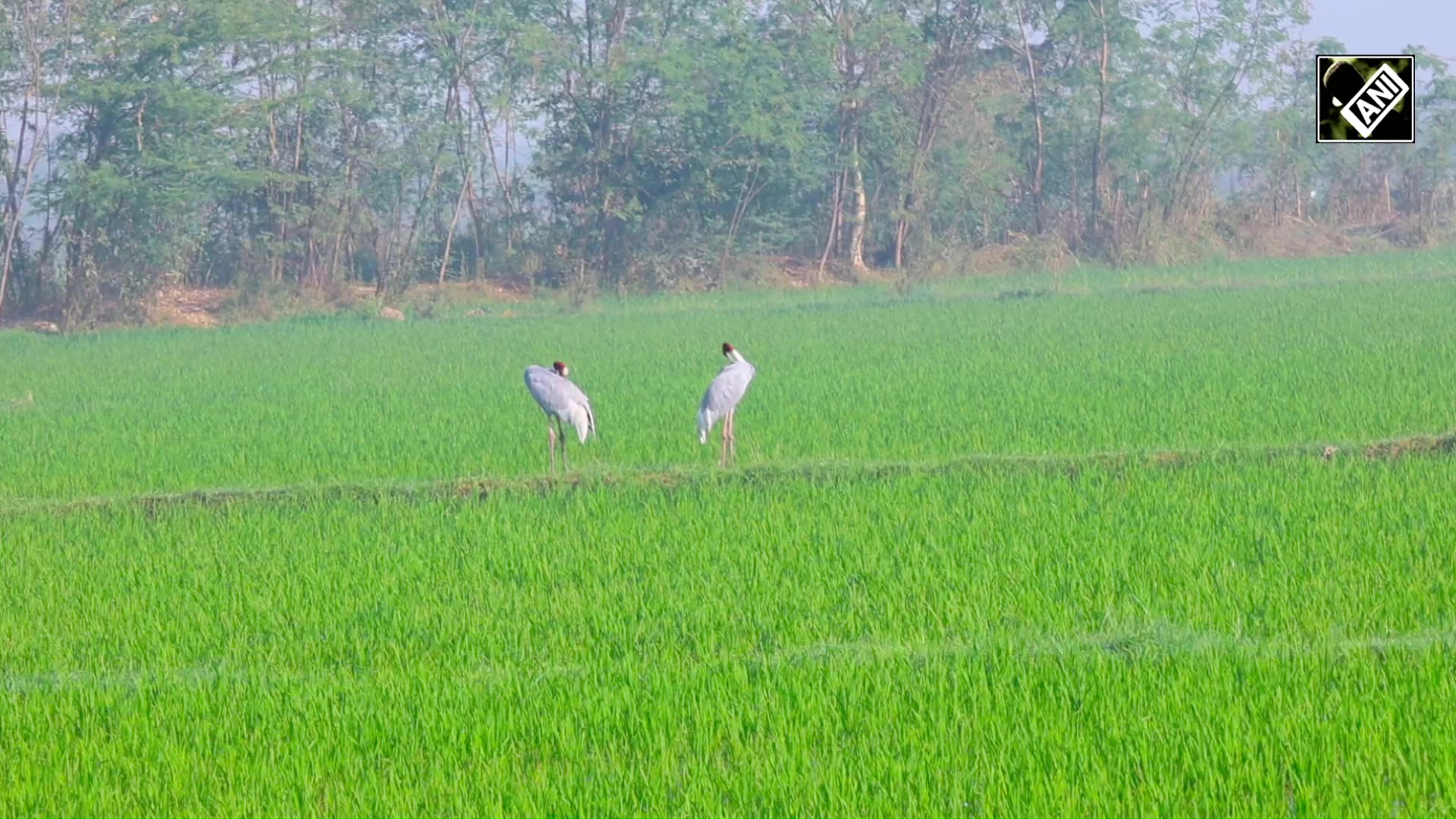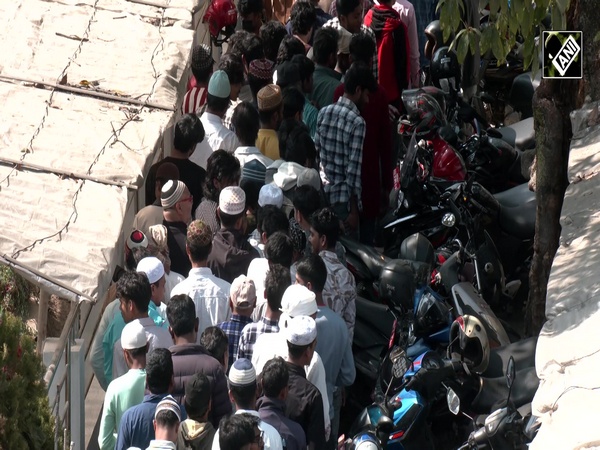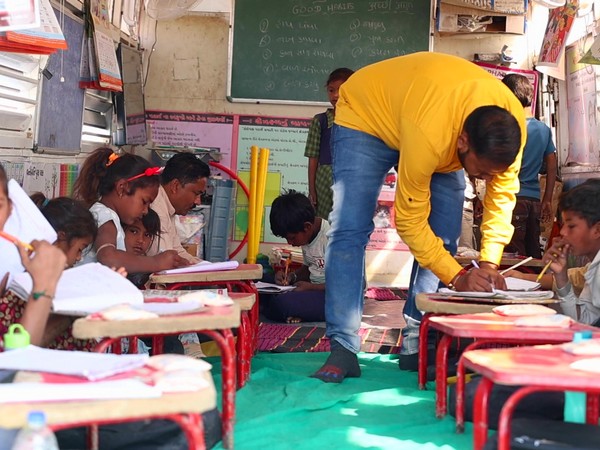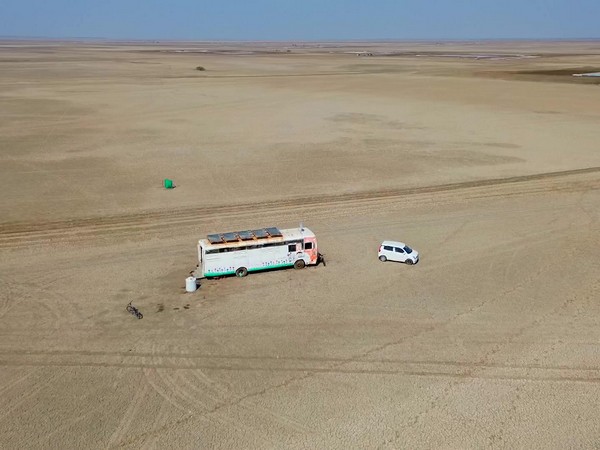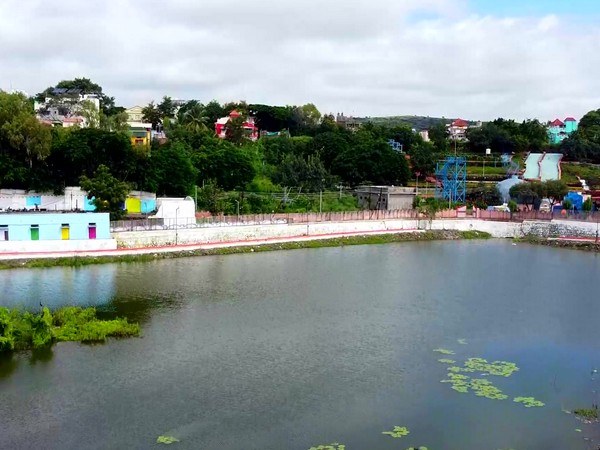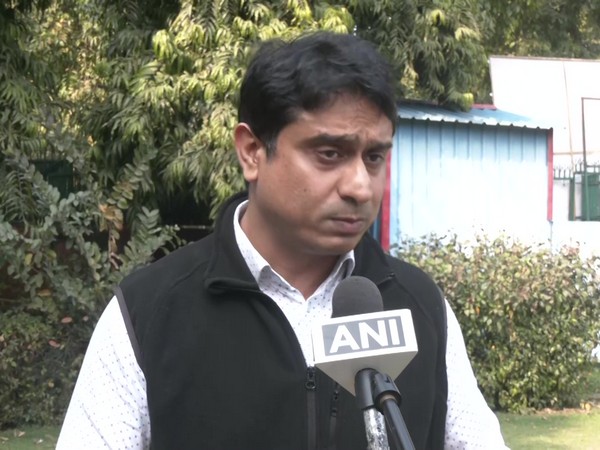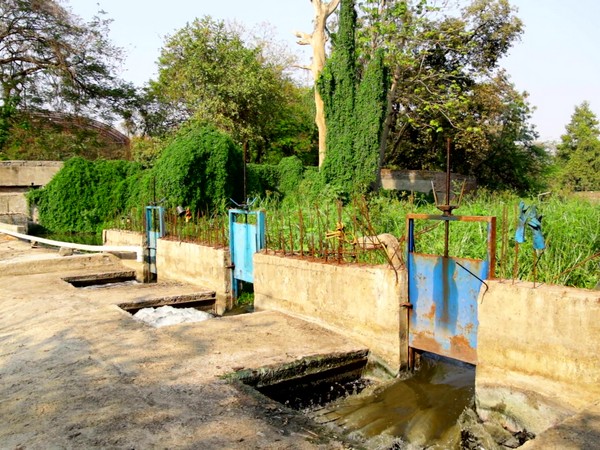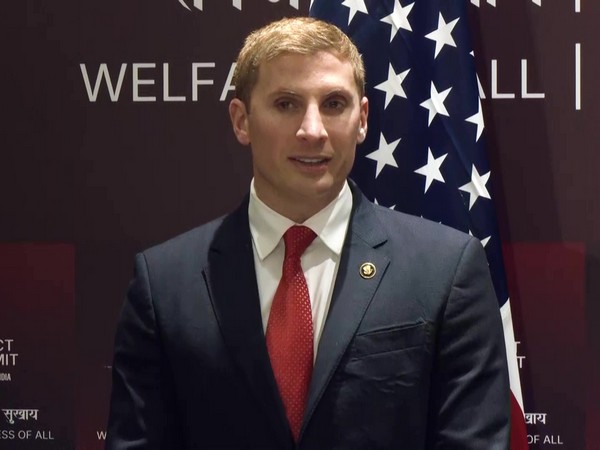Leh Apex Body Seeks High Court directions for Sonam Wangchuk's Climate Protest in Delhi
Oct 08, 2024

New Delhi [India], October 8 : The Apex Body Leh on Tuesday approached the Delhi High Court seeking directions for climate activist Sonam Wangchuk and other 'Padyatris' to hold a peaceful protest (Anshan) at Jantar Mantar or another suitable location from October 8 to October 23, 2024.
The request emphasizes the fundamental rights guaranteed under Articles 19(1)(a) and 19(1)(b) of the Constitution of India, which protect the right to free speech and peaceful assembly.
The plea outlines that approximately 200 participants initiated a peaceful protest march, known as a Padyatra, from Leh, Ladakh, to New Delhi, covering over 900 kilometres in 30 days. They aim to raise awareness about the ecological and cultural degradation of Ladakh and the broader Himalayan region. The petitioners seek to hold an awareness campaign and peaceful protests at Jantar Mantar or another suitable location in Delhi.
Delhi Police rejects Padyatra protest request, citing "No valid grounds"
The petition states that on October 5, 2024, the Delhi Police arbitrarily rejected the request for a peaceful demonstration at Jantar Mantar, infringing on the petitioners' fundamental rights to free speech and peaceful assembly under Articles 19(1)(a) and 19(1)(b) of the Constitution.
Furthermore, the Delhi Police has not provided any valid or reasonable grounds for this rejection, despite the peaceful nature of the march conducted by the 'Padyatris', plea claims.
The matter was mentioned on Tuesday before the bench led by Chief Justice Manmohan also comprising Justice Tushar Rao Gedela for urgent listing. The court agreed to list the matter on Wednesday.
The petition assures that the proposed demonstration is a peaceful expression of dissent aimed at raising awareness about significant social issues. The planned Anshan seeks to communicate grievances to the authorities. By denying permission, the respondent is effectively suppressing this fundamental right and limiting the petitioners' ability to engage in public discourse, thereby undermining the principle of open expression.

